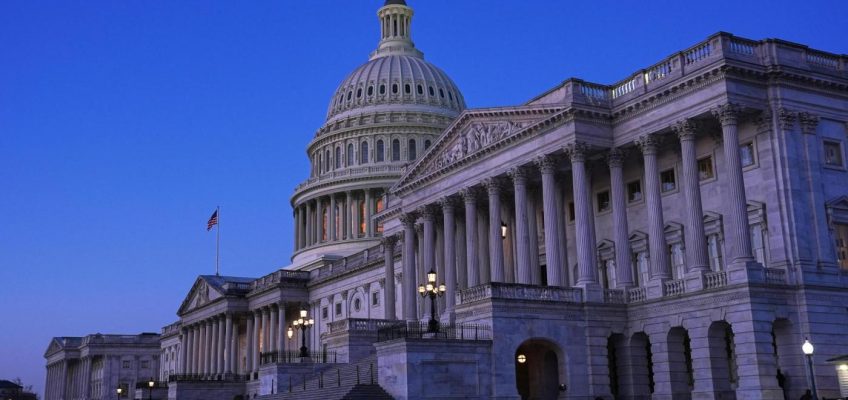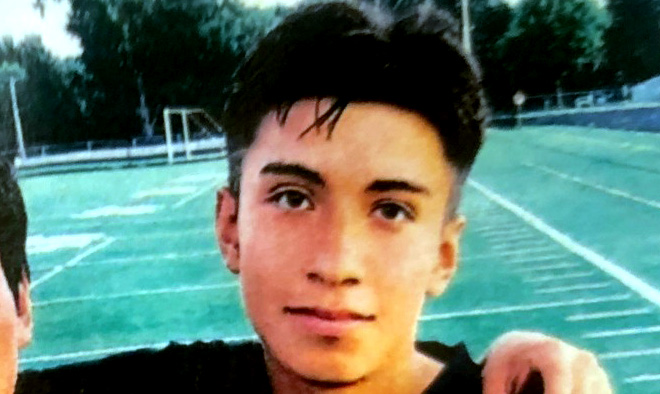INDIANAPOLIS — The question to Kevin O’Connell was rather straightforward.
MINNEAPOLIS, MINNESOTA – JANUARY 04: J.J. McCarthy #9 of the Minnesota Vikings talks with teammates during the first quarter against the Green Bay Packers at U.S. Bank Stadium on January 04, 2026 in Minneapolis, Minnesota. (Photo by Stephen Maturen/Getty Images)
Is there still a belief that J.J. McCarthy can be a franchise quarterback for the Vikings?
As the Minnesota coach pondered those words on Tuesday afternoon inside the JW Marriott in Indianapolis, O’Connell openly acknowledged the role he played in creating some of the lofty expectations that McCarthy so far has failed to live up to with the Vikings.
It all goes back to something O’Connell said in August 2024 while announcing that McCarthy would miss his rookie campaign with a torn meniscus. There was seemingly no doubt in his mind.
“He has confirmed everything that I hoped to see,” O’Connell said at the time. “Everybody should be excited about the fact that we’ve got our young franchise quarterback in the building.”
That declaration has followed O’Connell around like a ghost ever since, as McCarthy has underwhelmed. His struggles to adapt to the highest level have been well documented, as has his inability to stay on the field for prolonged stretches.
That said, O’Connell isn’t backing down from his original assessment of McCarthy, even as the Vikings seem destined to bring in somebody to compete with him.
“A lot of those feelings are still the same,” O’Connell said of still believing McCarthy can be a franchise quarterback. “It’s just that the timeline is in a different place for all of us than it was.”
That’s the upshot.
As much as O’Connell might still believe McCarthy can be a franchise quarterback if he reaches his full potential, the Vikings are no longer in a position where they can operate with patience.
They are built to win in the present. They can’t sacrifice that with an eye toward the future.
That explains why neither O’Connell nor acting general manager Rob Brzezinski were willing to commit to McCarthy as the unquestioned starter. Though they also aren’t ready to punt on McCarthy completely, O’Connell and Brzezinski are bringing in somebody to compete with him.
There are many different avenues the Vikings could choose. Options range from somebody who would become the unquestioned starter to somebody who would operate as insurance.
“I don’t know that we’re ruling anything out,” Brzezinski said. “We have a couple of weeks. We’re exploring every option that could be out there. It’s casting a wide net, I guess I would say.”
Maybe the biggest reason the Vikings find themselves in this situation is because McCarthy has started only 10 games since the Vikings selected him with the No. 10 pick in the 2024 draft. He has missed time with a torn meniscus, high ankle sprain, concussion and broken hand.
“There have been some circumstances that have naturally hurt his chances of having a smooth development phase,” O’Connell said. “He still has shown a lot of the traits that we feel we can continue to build on.”
Minnesota Vikings quarterback J.J. McCarthy (9) holds his helmet during a timeout in the third quarter of an NFL game against the Green Bay Packers at U.S. Bank Stadium in Minneapolis on Sunday, Jan 4, 2026. The Vikings beat the Green Bay Packers, 16-3. (John Autey / Pioneer Press)
In that same breath, O’Connell stressed the importance of availability, emphasizing how the Vikings had a 13-4 record in 2022 when Kirk Cousins started every game and a 14-3 record in 2024 when Sam Darnold started every game.
“When that guy is doing his job at a baseline level that allows the rest of our offense and team to play to a certain way, we’ve won quite a few games,” O’Connell said. “That’s where we’ve got to take all the experience that we’ve had up until this point and understand what’s the best way to put together that room.”
The market will ultimately dictate what exactly the Vikings can do. They can’t make a trade for somebody that isn’t on the trading block. They can’t sign a free agent that isn’t interested in signing.
“We can’t manufacture anything that’s not there,” Brzezinski said. “There are a lot of factors that go into it.”
As much as the Vikings are looking for competition, however, they also have some empathy for McCarthy and the hand he has been dealt.
“This is a really, really hard job with a lot of pressure,” Brzezinski said. “Everybody is yearning for that young franchise quarterback. And if I could be candid, I’m not sure that it’s fair all the time.”
Related Articles
Vikings receiver Rondale Moore dies at 25
Walters: We’ll learn soon how comfortable the Vikings are with J.J. McCarthy
Frederick: Hopefully, Kevin O’Connell learns from Mike Macdonald
Raiders introduce new coach Klint Kubiak with a nod to their storied past
Comeback complete: Sam Darnold leads Seattle to Super Bowl win




